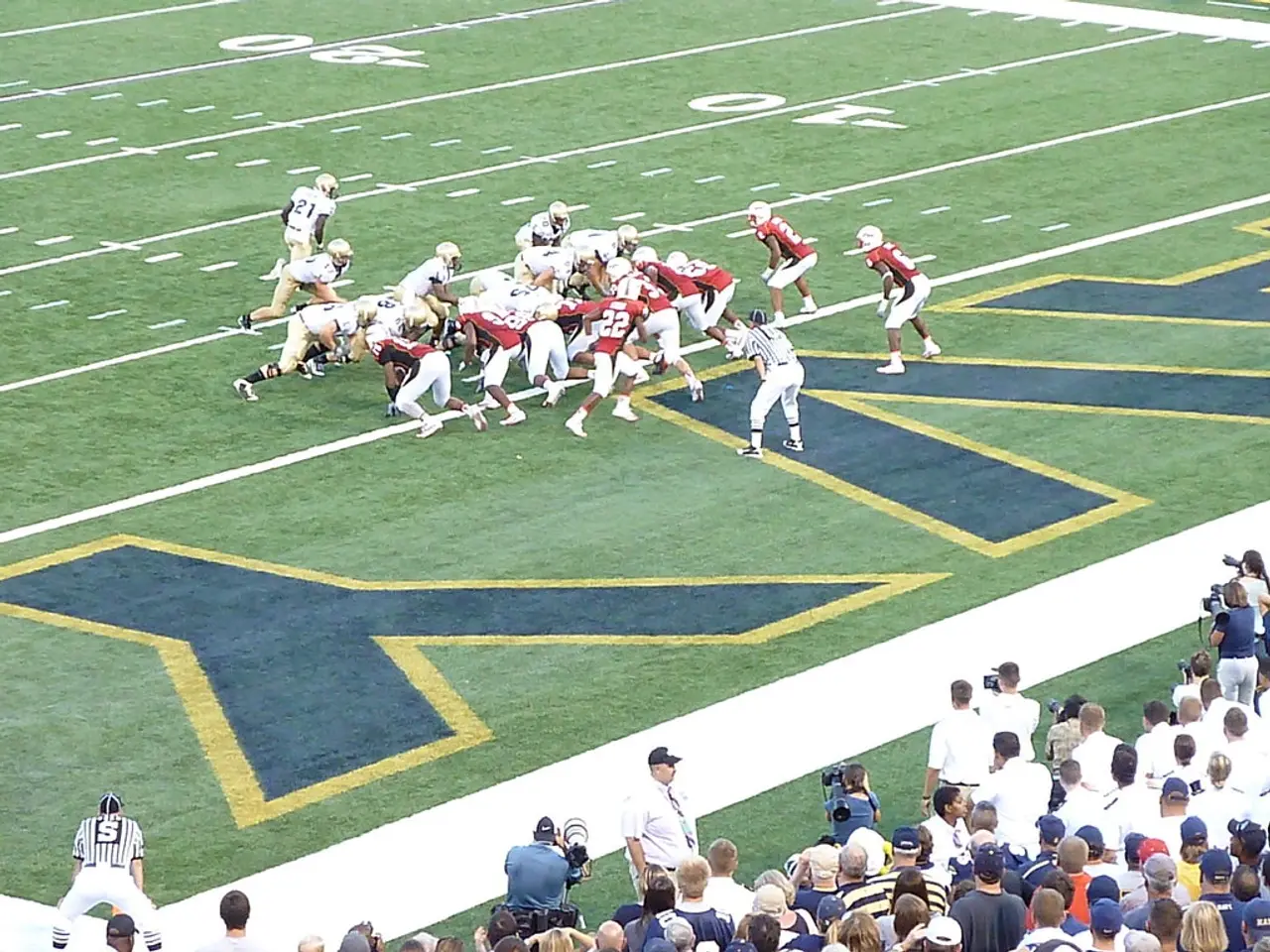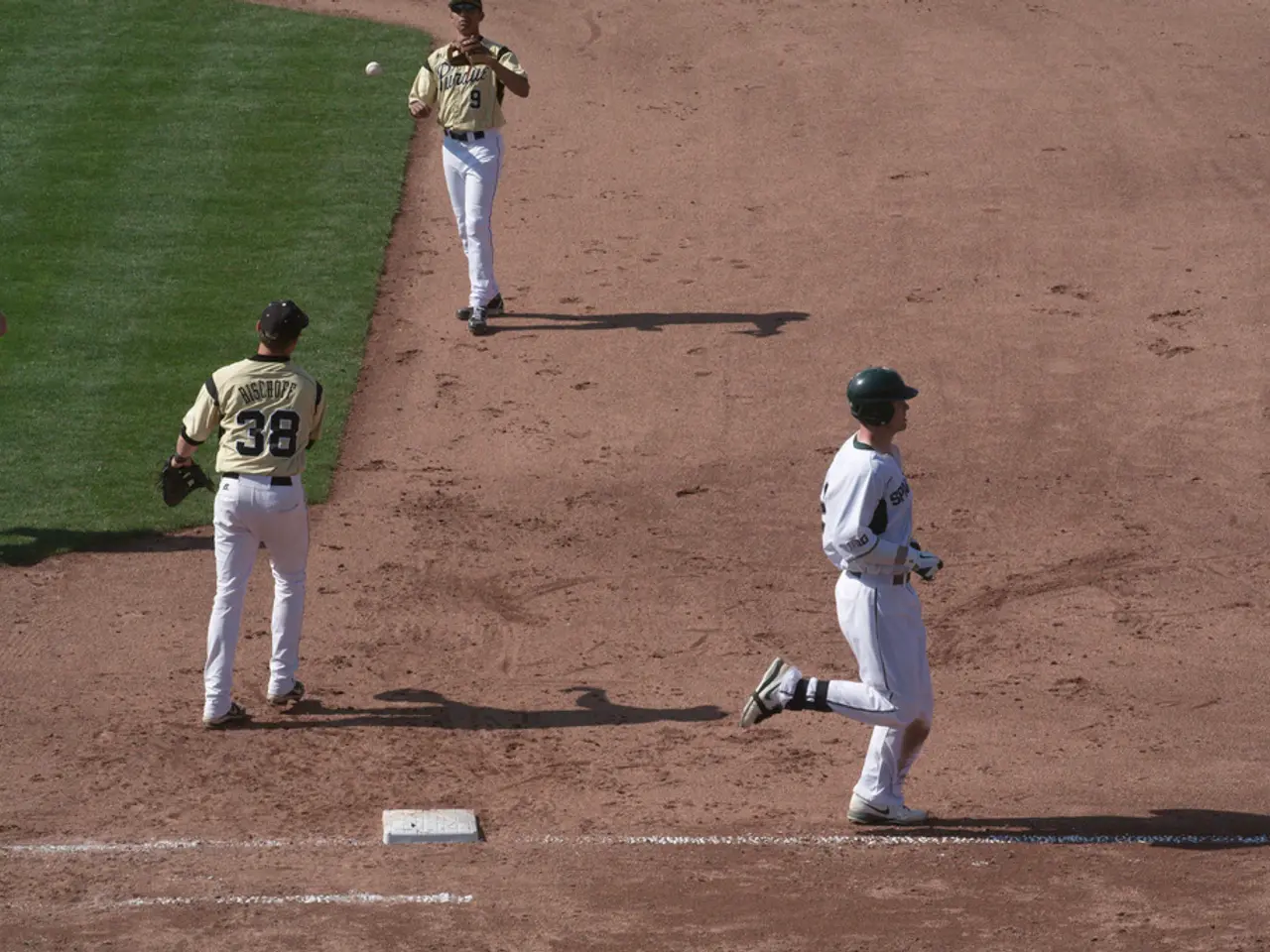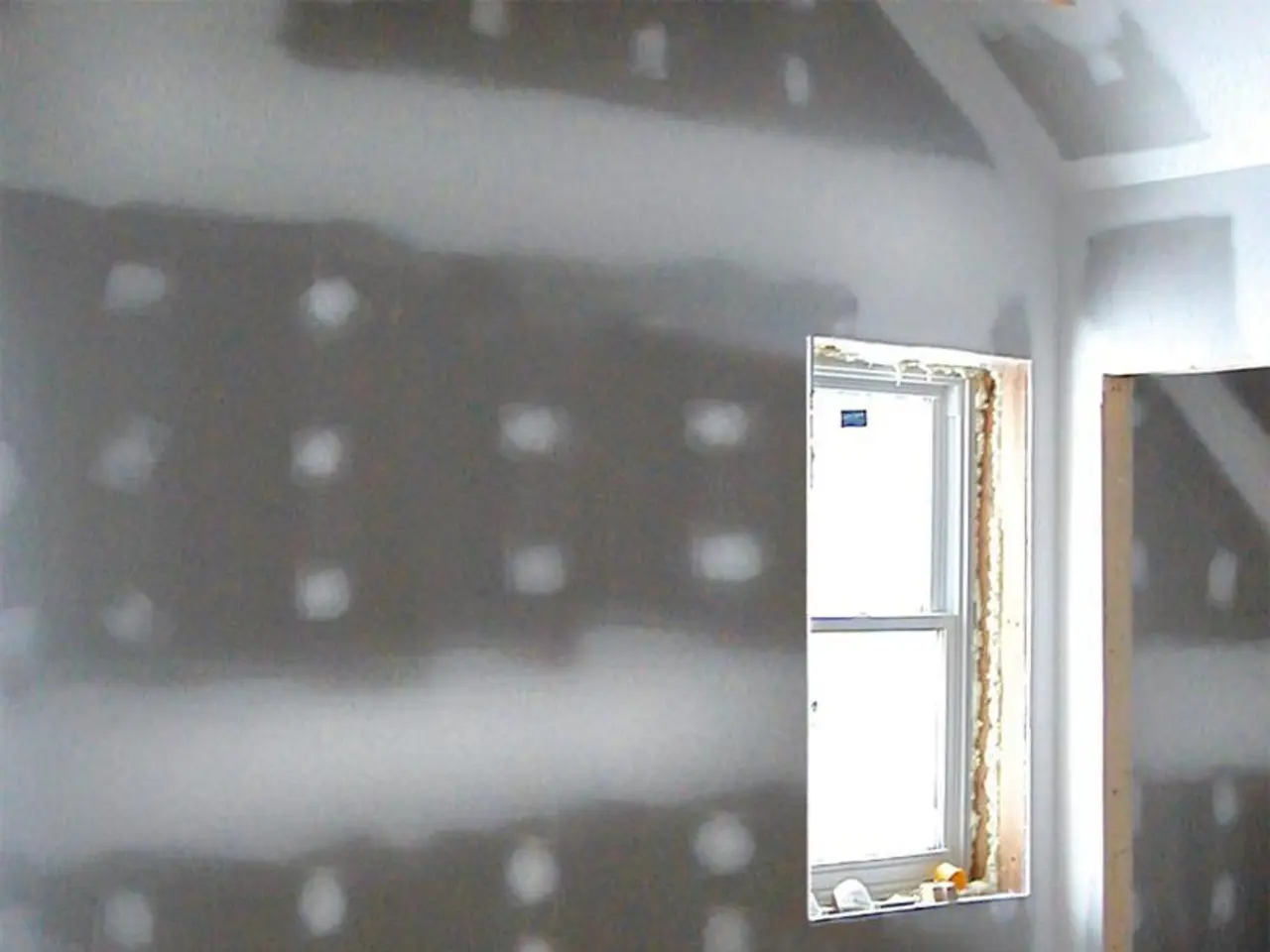Court recommends changes to magistrate's ruling as it annuls "hands-up" penalty he had imposed
Delhi Sessions Court Overturns Magistrate's Unconventional Punishment
In a significant ruling, the Delhi Sessions Court has set aside an order by a Magistrate Court that directed litigants to stand with their hands up as punishment for delay in furnishing bail bonds. The order, passed by Judicial Magistrate Saurabh Goyal on July 15, was deemed illegal and not contemplated anywhere in law.
The case in question, Kuldeep & Anr v Govt of NCT of Delhi & Anr, was heard by District and Sessions Court Judge Anju Bajaj Chandna. Two of the accused, Kuldeep and Rakesh, challenged the Magistrate's order, with advocates Kavya, Himani Verma, and Aman Gahlot representing them.
The Sessions Court ruled that the Magistrate's order was "absolutely against the substantive and procedural law". The court noted that the Magistrate did not afford any opportunity to the accused persons to show cause as to why they should not be proceeded against under the provision of Section 228 IPC.
The accused had argued that the Magistrate unlawfully passed the order and failed to appreciate the importance of not violating the dignity of the parties. The court agreed, stating that personal liberty under Article 21 cannot be infringed upon arbitrarily and such punishment violates human dignity.
Furthermore, the court clarified that non-furnishing of bail bonds does not amount to contempt of court under Section 228 of the IPC, and thus does not justify punitive actions like the hands-up punishment. The court advised Magistrate Goyal to study the law carefully before exercising discretionary powers in such a manner.
The court's decision highlights the importance of due process and the need for magistrates to adhere to legal provisions in their decision-making. It also sets a precedent against the use of unconventional punishments in court proceedings.
Advocates Sandeep Shokeen and Haneesh Balyan represented the original complainant in the case. Additional Public Prosecutor Ritender Singh appeared for the State. The court's decision emphasizes the duty of judges to safeguard the basic and natural rights of individuals for a dignified existence.
In conclusion, the legal consequences for a magistrate issuing such an order include the higher court setting aside or quashing the order as illegal, public judicial criticism of misuse of discretion, and an implied need for magistrates to adhere strictly to legal procedures and respect fundamental rights. The accused subjected to this punishment would have their rights protected, and the punishment itself would have no legal effect or enforceability.
Sports enthusiasts might find solace in the legal realm, as the recent ruling by the Delhi Sessions Court has set a precedent against the use of unconventional punishments in court proceedings. This decision, a significant step towards upholding human dignity and respecting fundamental rights, could potentially dissuade such practices from being implemented in sports-related disciplinary actions as well.








